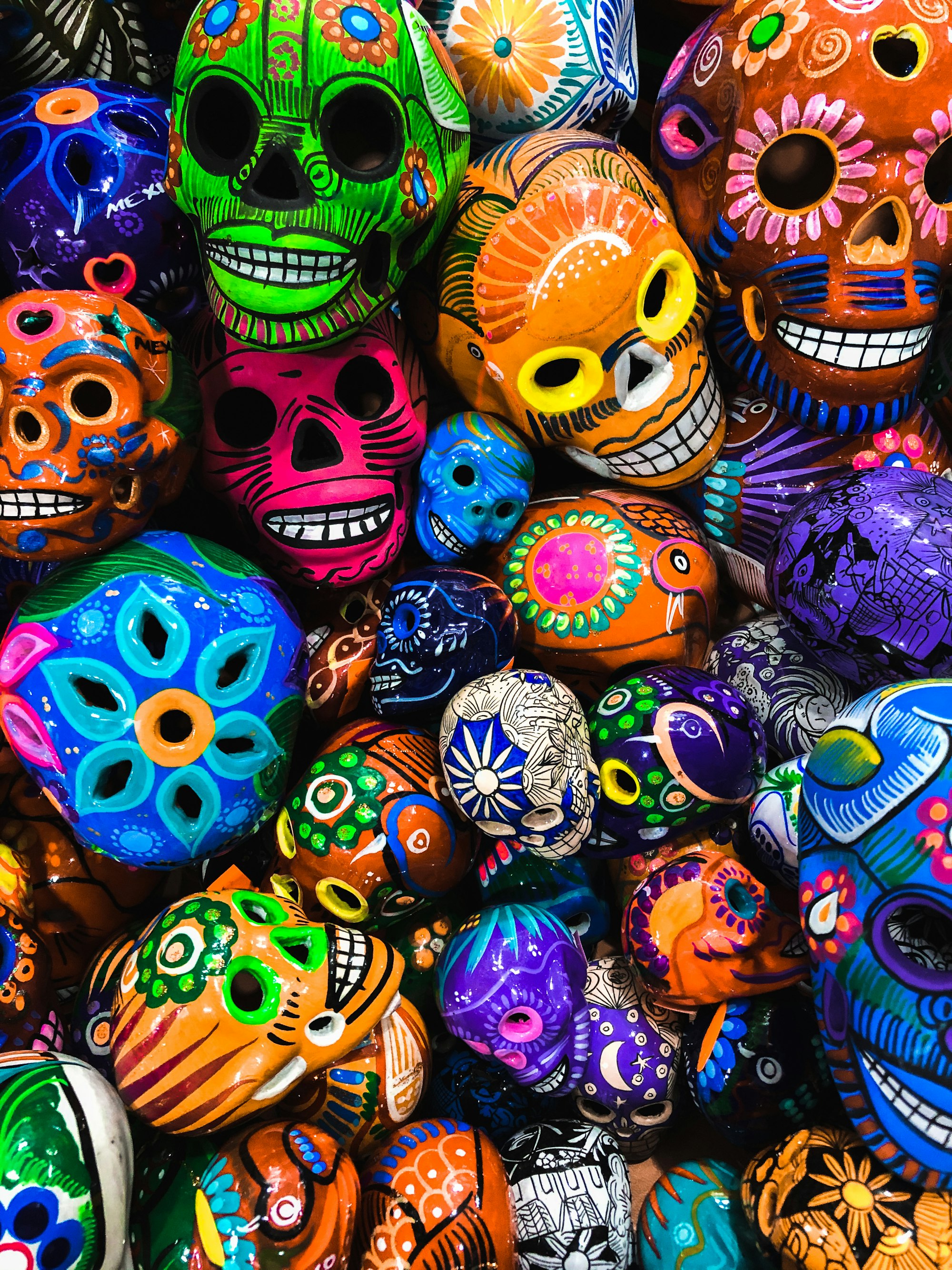
No matter what the anti-aging package promises, you and I WILL expire
Here are some excellent preparations for the next adventure, with my blessings.
First, this:
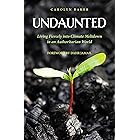
My dear friend Melissa, who has long been my Thai masseuse, is a dedicated reader of such texts. She and I both study and stumble through Buddhism, collecting Buddhas the same way others collect stamps. Because of me, poor Melissa has Buddha diffusers, coffee cups, Christmas tree decorations (don't get me started). For my part, I had so damned many statues that my local consignment shop nearly converted.
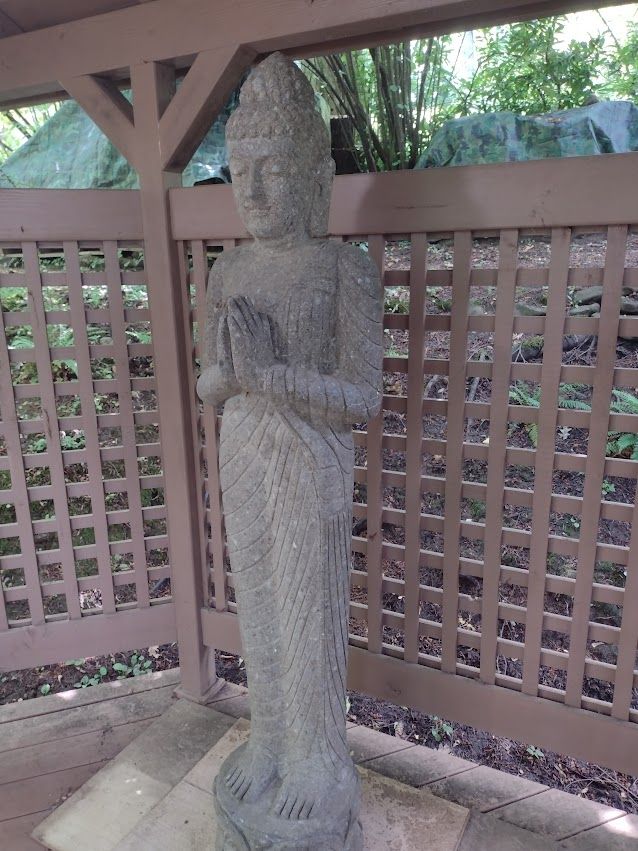
I still haven't sorted out how to sell the 350-lb Indonesian Buddha that dominates my gazebo. I was so chuffed to buy him. Never occurred to me that a year later...well.
Oh and by the way, neither of us has noticed that peppering our respective households with Buddhas of every kind and shape made us any calmer. Or enlightened, for that matter. Just saying. Okay, well, Melissa probably did. I’m still waiting.
That said, Rinpoche's classic points out a great abiding truth: all our lives we are, from birth, preparing to die. The Bhutanese, long considered among the happiest of people in the world, totally get this. I plan to visit in a few weeks. Melissa already did, and it transformed her life.
The point is that when we really get it that YES, you and I are going to exit this life, get the hell OVER it already, we can focus on being in the paradise that is in our minds, right here and right now. That is hard work for Westerners, most especially since our economy banks so much on our fear of aging and dying. It's big business, but that's another article.
Okay, okay, here's that article:
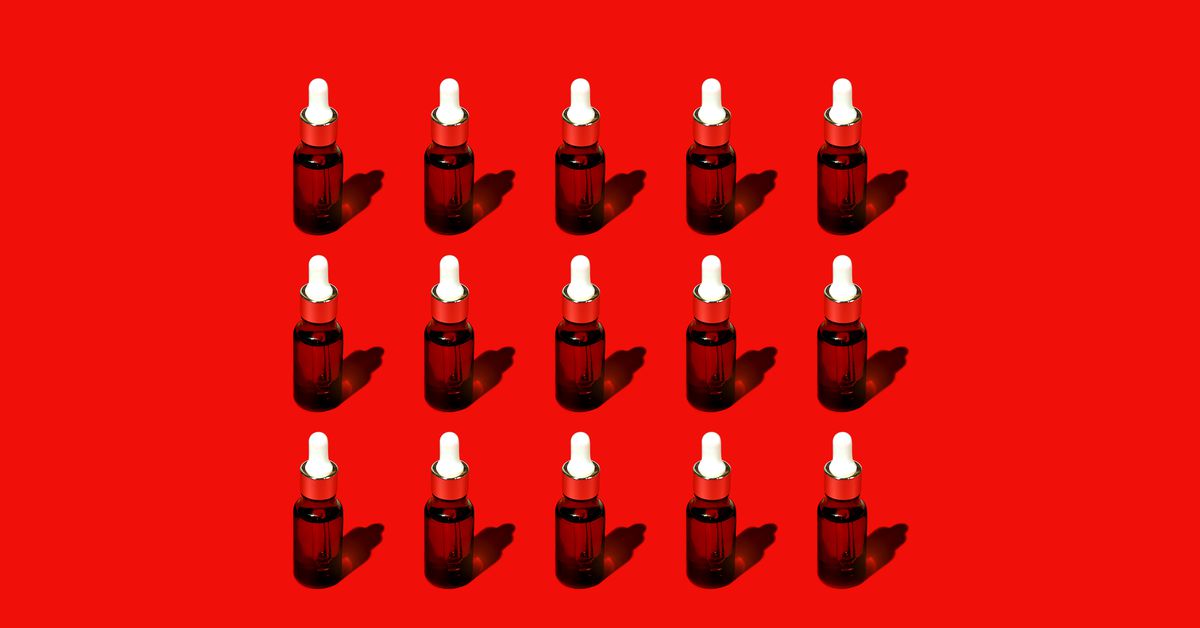
In just a few short months I turn 70. For many in America, my life ended for all practical purposes at around 45 or 50, since women just stop being useful after that. Again, don't get me started, just notice the ads, social media, age hate, woman hate. It sells shit, and what we buy IS shit.
It sure isn't hopeful.
I fundamentally disagree. Not with the part about not being juicy any more. Any look at my sagging tush will verify that the clock is ticking, and while I cannot bloody well WAIT to throw my aging carcass into the gym again, certain truths can't be changed by pretty muscles.
Juiciness ain't the point. Hope is. Living well is.
I heard a researcher being interviewed the other day on NPR. The topic so grabbed me that I bought the book and have been inhaling it. As it happens, I was already reading another, which as it turns out, the two are inextricably entwined in the most marvelous of ways. Stay with me here.
First:

Dr. Greyson is not a religious man. He has explored the idea of Near-Death Experiences through the lens of a scientist for decades. What he has found is worth reading about. What caught my ear was a comment he made near the end of his NPR interview wherein he said to the effect that he has "come to believe that the Universe is a very friendly place."
Look. For those of us inching closer to real death, not just a drive-by and a return, this is great news. I do, however, have to wonder. Those who report looking at themselves from the ceiling in the ER, are they asking themselves,
Do I look fat in that hospital gown?
Apparently, at that point, much to the chagrin of the parasitic weight loss industry, the word from the other side is...
NOBODY CARES.
Hell. That alone is paradise, in my book. The Kardashians are going to have all their hopes dashed.
Greyson marches you through each and every challenge to NDEs, which hadn't even been named when he started out, with the patient precision of the professional researcher.
It reads like the thriller it is.
Then, a few weeks ago, I finally delved into a book I'd bought some time back but which has been waiting until I was stuck with those twelve-hour layovers:

This book, in that exquisite way that serendipity works so well, is the perfect companion to After. I am right in that part of Greyson's book where he is discussing how the brain is not the mind is not the brain, and in fact, not a single researcher on earth can tell us where the mind resides.
Bingo.
That, interestingly, is Neibauer's premise, in part, and why these two books are so perfect together. Buddhism is, for me, not a religion but far more so a way of thinking. Being, if you will, vs our Energizer Bunny doing as a way of avoiding having to face the inevitable.
You and I are not our bodies, I am fond of saying. These books make this fundamental argument very effectively in a way that this moke writer cannot. It is worth asking:
What is the cost of identifying with my body so closely that every extra ounce, every single wrinkle or grey hair causes me terrible suffering?
That sells. It's also what causes us to die every day, all day long, hating ourselves for aging. The courage to embrace that process, the sacred truth of our ultimate physical demise is part of what allows us to live so richly here and now.
Instead, we do battle daily with the very thing we cannot stop.
I offer these books as a way to negotiate far more favorable terms with the time you and I are given. Knowing we will die gives us permission to live ever so much more in the moment.
Mexico, and Mexican immigrants worldwide, celebrate The Day of the Dead to the point that some prepare a year in advance. They have a completely different relationship to death than many, and their culture isn't alone in this. The point is that Dia de los Muertos and other cultural celebrations are deeply passionate celebrations of life. This version of it must end, and that life goes on in some other way beyond our current comprehension.
A friendly Universe indeed. It seems that we have made life quite unfriendly, made a multi-multi-multi billion dollar industry out of such suffering.
We have to hand over permission for that messaging to cause us suffering.
I rescinded mine.
Science is beginning to acknowledge that the Buddhists may well have been right. You and I don't die at death. The body does. And as Neibauer's research shows, there is no "I" or "self" existing in the first place. It's a construct. I won't go into all the other deeply profound aspects of this (read the book, it's very freeing) as this article is only about aging and dying.
Let's just say the book offers perspectives for healing which are, to my mind, essential for being able to live richly, knowing that life is fleeting. Loving life all the more because it's fleeting, and therefore worthy of our full attention.
People who accept and who prepare for death are free to live. Laugh. Love.
The way I see it, I will take that over hating my aging body any damned day.
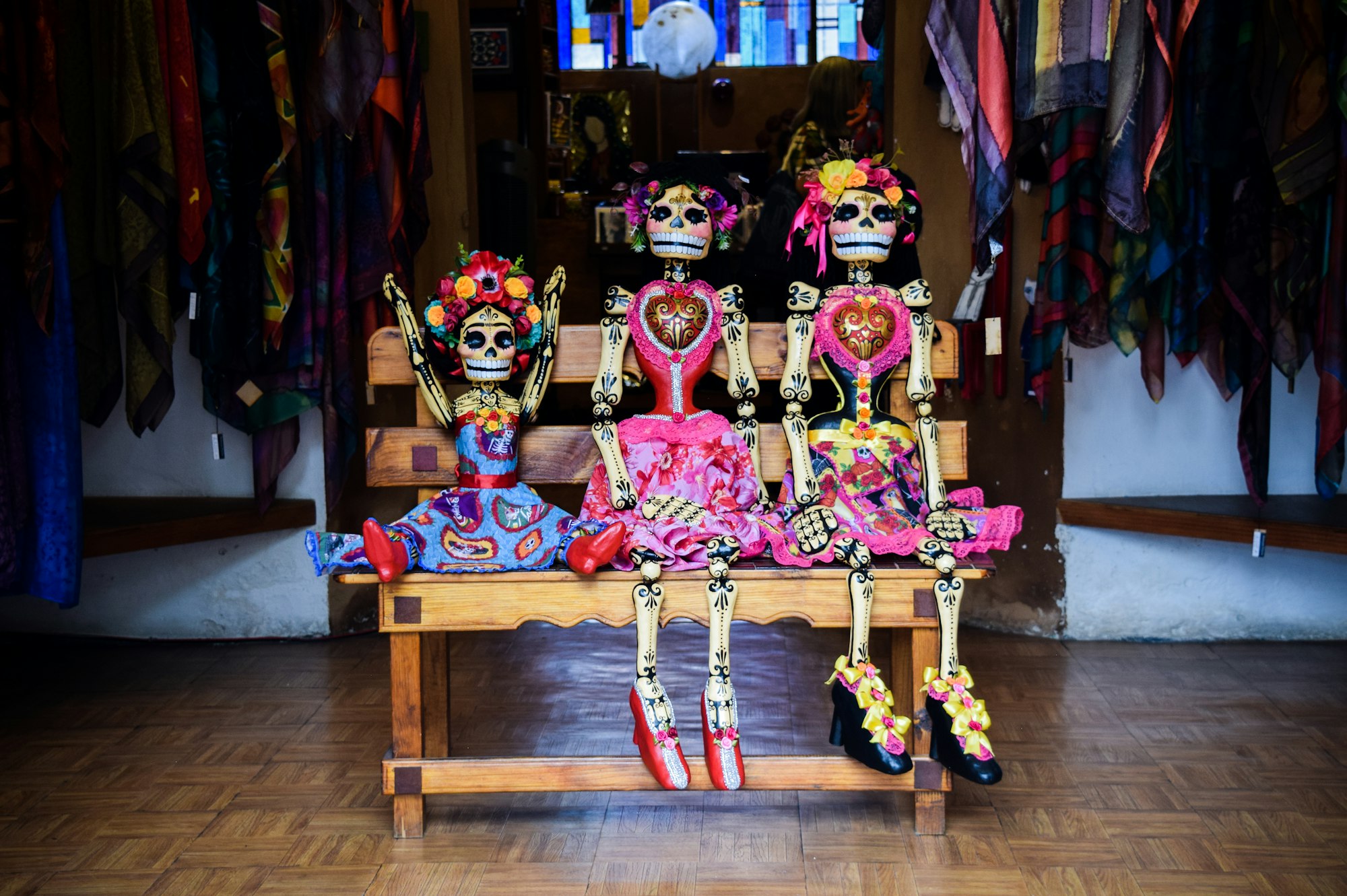
Dear Walkabout Saga Reader:
If my work appeals to you, may I kindly invite you to consider joining those Patreon supporters whose generosity keeps the gas in my tank as it were. Those supporters get to dictate my content calendar, we engage as a community, and this website and its content acts in service to our collective best selves.
You can explore that option here.
However you decide to partake of my writing, thank you.

Comments powered by Talkyard.